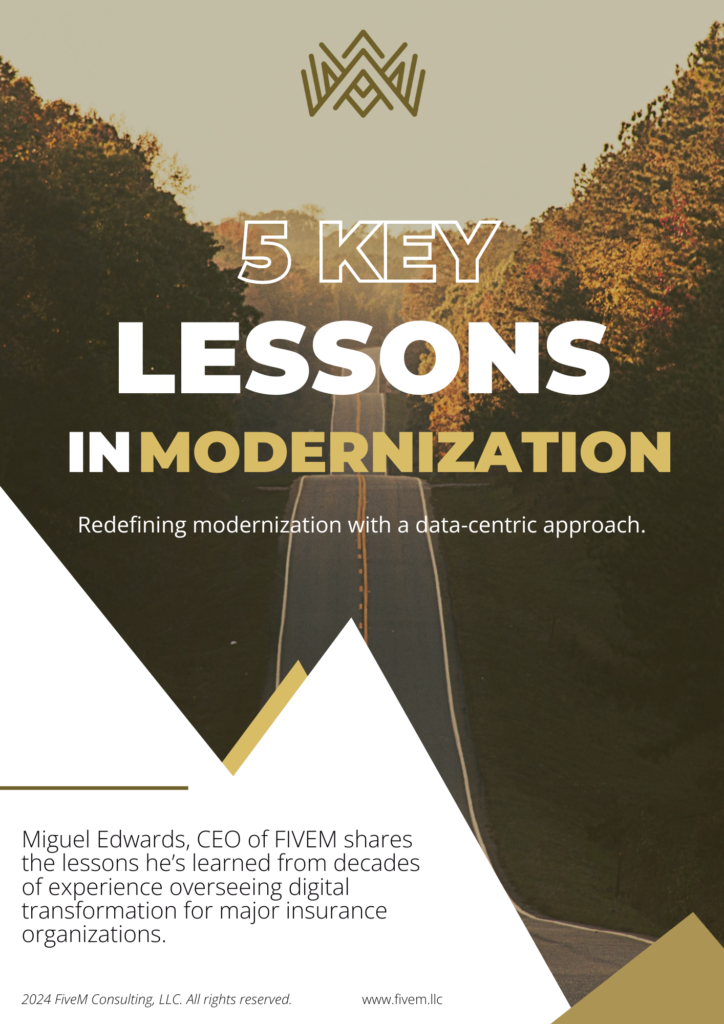Like many leaders in most organizations at this time of year, you probably find yourself in the midst of year-end performance reviews. But as an ascending leader, you may find yourself without the benefit of honest feedback – few are bold enough to give criticism at this critical time in your career. Nevertheless, proactive steps can help create visibility into areas where improvement is possible and open a dialogue for growth both professionally and personally.
Taking advantage of the concept of reciprocity, since I’ve provided performance feedback to my reports, I ask them to return the favor via a simple and anonymous survey. This year, interspersed within much appreciated accolades, I actually received quite a bit of very honest and critical feedback – all constructively put, of course. I celebrate this result for two reasons: 1) I now have actionable feedback that I can put to immediate use, and 2) I can rest assured that I have assembled a leadership team that trusts me enough to tell me where I have work to do.
Mostly modeled after the approaches outlined in Patrick Lencioni’s book, The Five Dysfunctions of a Team, I offer a few techniques I leverage in order to engender a sense of trust and camaraderie such that feedback flows freely.
Be Vulnerable
To foster a healthy team dynamic, I strive to be honest and open about both my strengths and weaknesses. This creates an environment free of judgement where each person can identify the unique abilities they bring to the table as well as areas for improvement that require careful monitoring by all involved. For me personally, I’ve been transparent about my tendency to miss critical complexities that could compromise the value of a solution. With that information, my team knows that they’ll need to dive deep on my ideas to double check feasibility.
However, more important than my own admissions, that vulnerability now allows my team to point out additional weaknesses I should consider. This year, for example, my team highlighted that I tend to overcommit in service of my business partners which causes delivery stress for a large group of people. Guilty!
Choose Your Team Carefully
If you’re lucky enough to get to choose your team, you must do so carefully. When selecting your team members, look for individuals who have the courage to speak their minds and offer constructive criticism. It’s important to build relationships with these individuals so that they feel comfortable giving you feedback without fear of retribution. When you’re forming teams, it’s also important to consider diversity and ensure that you include different perspectives and experiences on your team. For years now, I’ve relied on the Insights model to ensure I have the right mix of “advisors” on my team.
Perception is Reality
Whether or not you agree with the feedback you’re receiving, it’s helpful to acknowledge that their feedback is based on their reality. If you want to change their reality, you must change their perception. Sometimes that requires diving deeper into the feedback you’re receiving to better understand. “Can you give me an example?” “How did that make you feel?” How could I have approached that better?”…are all questions you can ask that not only demonstrates empathy, but will give you clarity into what’s driving the perception.
Create An Open Environment
It’s important to create an open environment where everyone can express their opinions freely. Encourage dialogue by asking questions like “What do you think?” or “How would you handle this situation?” This demonstrates to your team that you care what they think and that you’re open to feedback. It’s also important to avoid judgement when someone is offering constructive criticism; instead, thank them for their input and use it as an opportunity for growth and improvement.
Your team is observing you, tracking the opportunities you create for openness, and noting how you react to each. Waiting until the end of the year to build trust may result in less truthful feedback.
As the saying goes, “feedback is a gift” and one we receive less of the higher we climb. It’s incumbent upon us to find creative ways to constantly check our blindspots, and a trustful relationship with your directs could provide you with sorely needed insight.





